JEFFERSON CITY — Missouri Attorney General Andrew Bailey and lawyers for those suing to overturn the state’s restrictions on transgender medical care are clashing over whether a new judge should be assigned to oversee the case.
St. Louis Circuit Judge Steven Ohmer last month ruled a law barring gender-affirming care for minors, and banning Medicaid payments for such treatment for adults, could take effect as both sides continued to argue their cases in court.
Attorneys for the plaintiffs in the case — including doctors, LGBTQ+ organizations, and three families of transgender minors — on Tuesday asked Ohmer to assign a new judge in the case, following his order last month against temporarily blocking the law.
People are also reading…
The plaintiffs, in their Tuesday filing, said they are exercising their right to one change of judge pursuant to a Missouri Supreme Court rule. But in response, the Missouri attorney general’s office said Wednesday the other side had already “exhausted” its right to a change of judge.
A hearing in the case is scheduled for Sept. 22.
In a post Wednesday on the social media site X, Bailey accused the plaintiffs of shopping for a more favorable venue after a major loss in court last month.
He said the ACLU of Missouri and Lambda Legal, which are representing plaintiffs in the case, “are forum shopping to evade our decisive legal victory in court.”
“It’s an embarrassing attempt to skirt the law after they’ve already used their one permitted change of judge,” Bailey said. “They won’t get away with it. Not on my watch.”
In their Tuesday motion, the plaintiffs said the case was originally assigned to Cole County Circuit Judge Cotton Walker, and that the attorney general’s office requested a change of judge.
The case then was assigned to Cole County Circuit Judge Daniel Green, who recused himself, and then to Cole County Circuit Judge Jon Beetem, the filing said.
Beetem, the plaintiffs said, couldn’t meet that side’s request for a three-day evidentiary hearing on the motion for preliminary injunction prior to the law taking effect on Aug. 28.
So the Missouri Supreme Court assigned Ohmer to the case.
“Plaintiffs have not yet exercised their right to apply for a change of judge,” attorneys with the ACLU, Lambda Legal and Bryan Cave Leighton Paisner said Tuesday.
Not so, the Missouri attorney general’s office said Wednesday.
The state said in a court filing that plaintiffs “exercised and exhausted” their right to one change of judge in early August.
Green recused himself from the case after the plaintiffs said Aug. 3 they “will” ask for another judge if he is assigned.
“Plaintiffs expressly informed the Court that they ‘will’ take the change of judge if it is assigned to Judge Green,” the state said. “The case was then assigned to Judge Green, who clearly took Plaintiff at their word and entered a quick recusal.”
Bailey said the other side also requested a second change of judge, noting the plaintiffs’ request for a ruling on the preliminary injunction prior to Aug. 28.
Because Beetem couldn’t accommodate that schedule, he asked the Supreme Court to reassign the case, Bailey’s office said.
“Having already obtained not just one but two changes of judge (one as of right … and one discretionary), Plaintiffs seek yet another bite at the apple,” the state said.
The plaintiffs, in their lawsuit, argued the law, approved this year by Missouri’s Republican-controlled Legislature, was discriminatory.
But Ohmer ruled Aug. 25 that the plaintiffs’ arguments were “unpersuasive and not likely to succeed.”
“The science and medical evidence is conflicting and unclear. Accordingly, the evidence raises more questions than answers,” Ohmer wrote in his ruling. “As a result, it has not clearly been shown with sufficient possibility of success on the merits to justify the grant of a preliminary injunction.”
The law allows minors currently receiving puberty blockers or hormone therapy to continue with treatment. The law expires in August 2027.
One plaintiff, a 10-year-old transgender boy, had not yet started puberty and consequently had not yet started taking puberty blockers.
His family was worried he will begin puberty after the law took effect, meaning he would not be grandfathered in and will not have access to puberty blockers for the next four years until the law sunsets.
Proponents of the law argued gender-affirming medical treatments are unsafe and untested.
Bailey’s office wrote in a court brief that blocking the law “would open the gate to interventions that a growing international consensus has said may be extraordinarily damaging.”
The Associated Press contributed to this report.




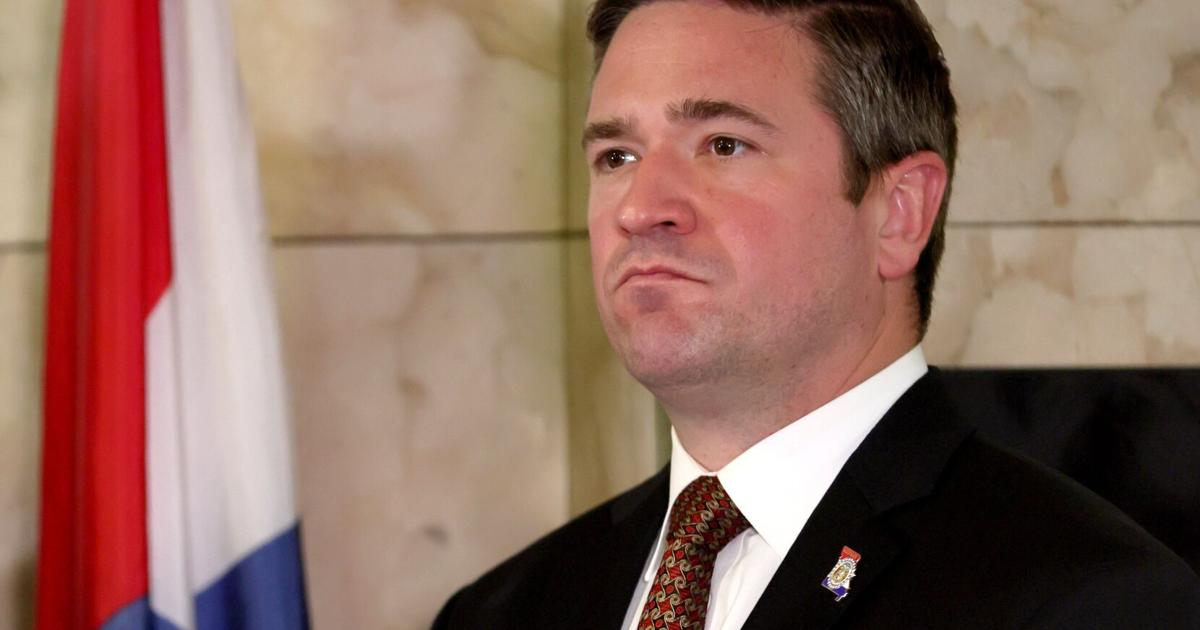




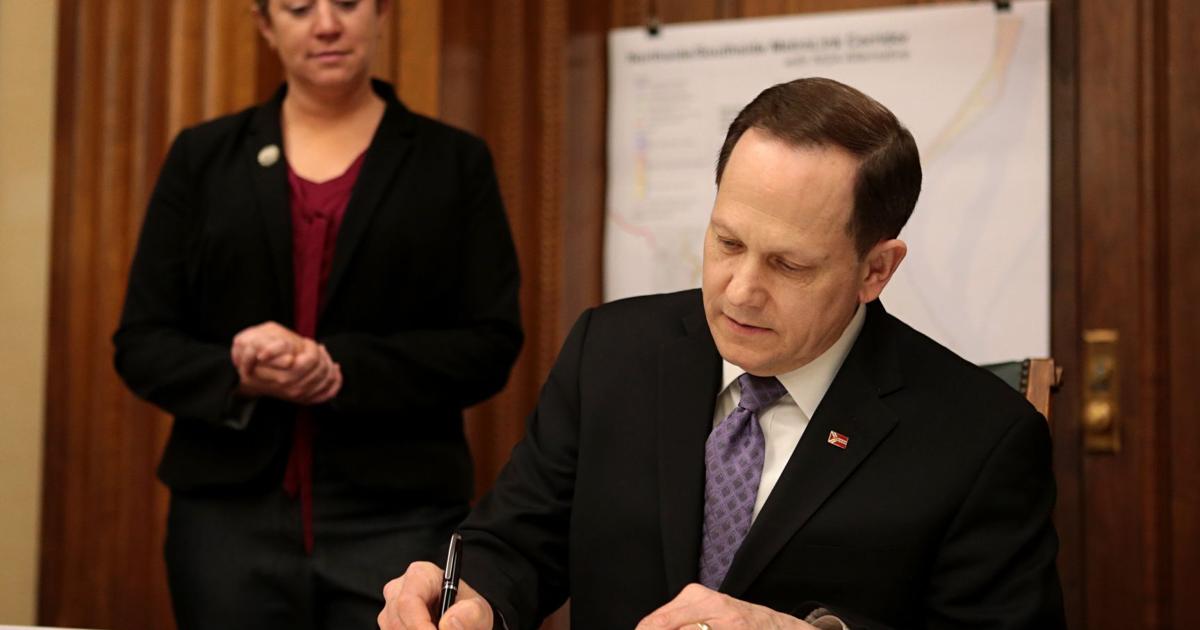





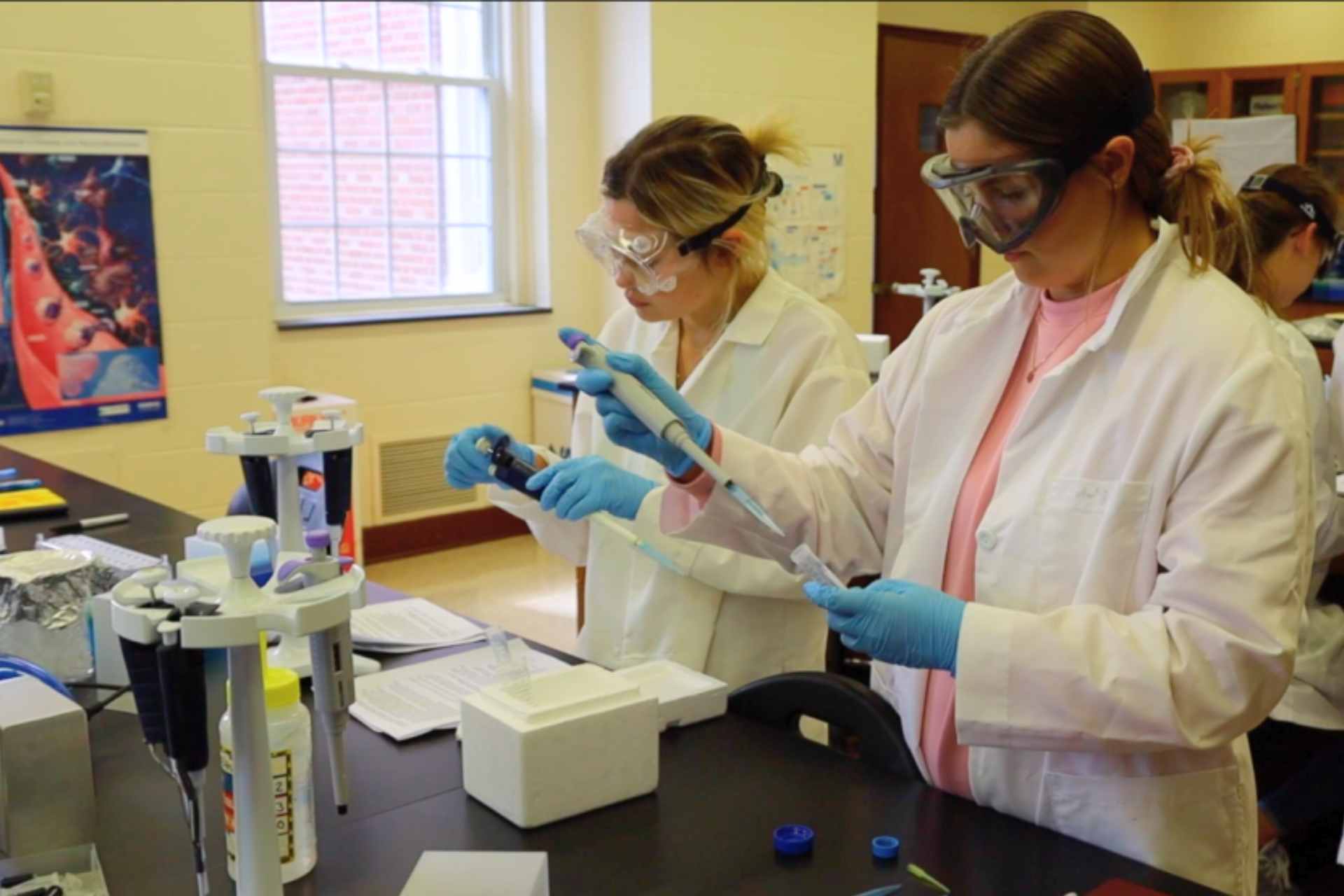







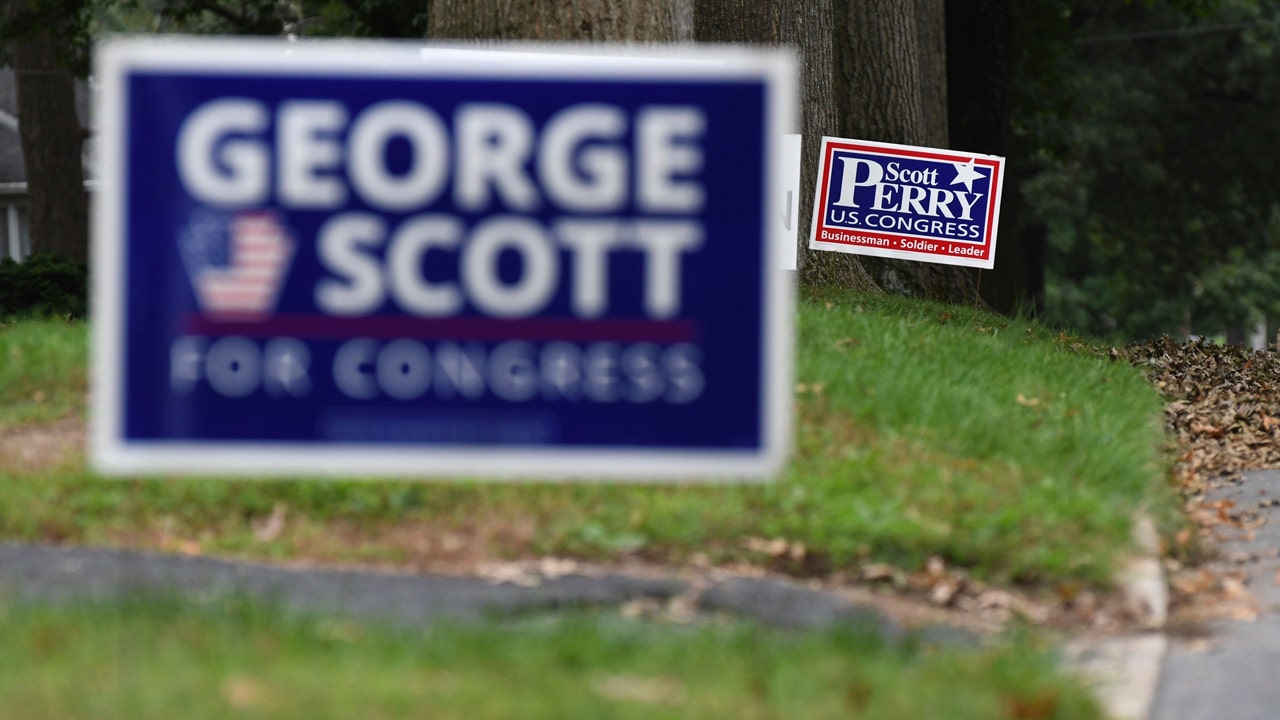


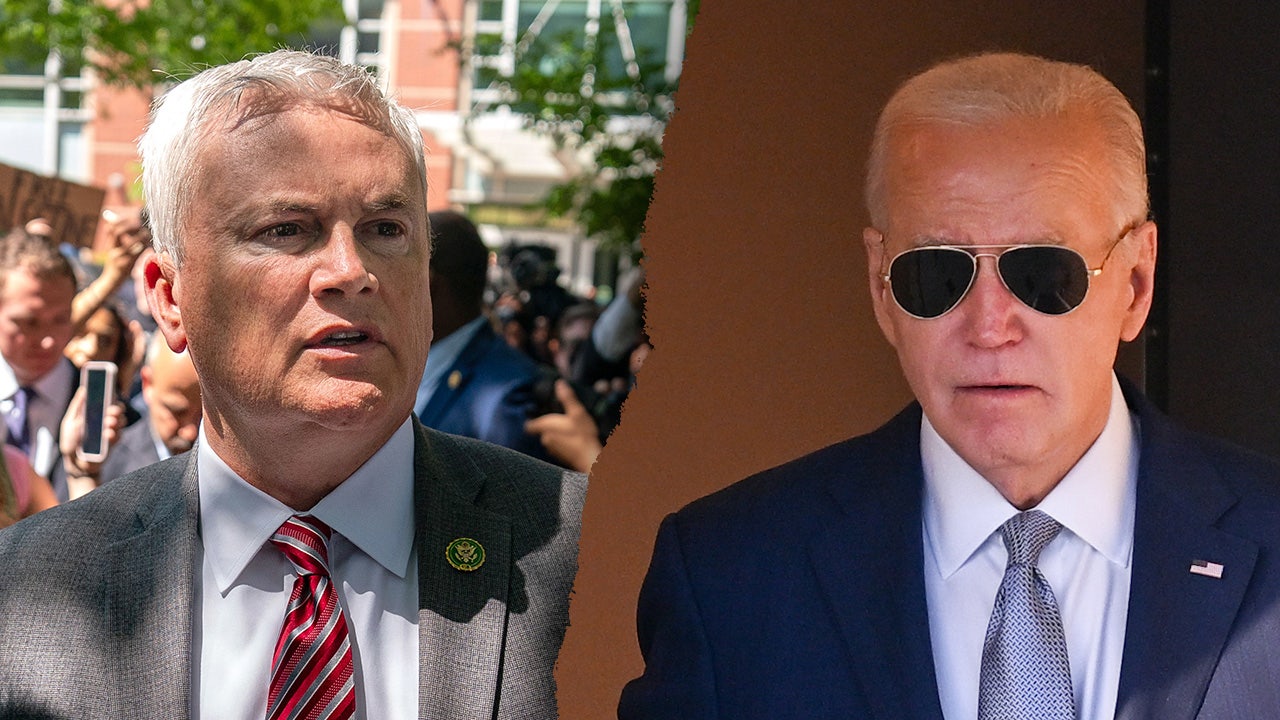







)
